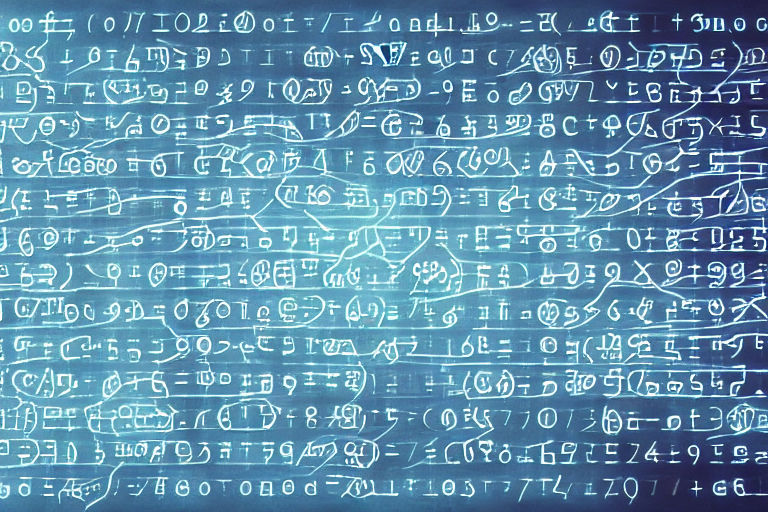From Cryptography to Artificial Intelligence: The Practical Applications of Modern Mathematics
Mathematics has always been an integral part of human civilization. From ancient times to modern days, mathematics has played a crucial role in shaping our societies, cultures, and sciences. Mathematics has been used to build bridges, design aircraft, make predictions, and even solve crimes. However, the applications of mathematics have evolved over time with advancements in technology and science. In this post, we will explore practical applications of modern mathematics, from cryptography to artificial intelligence.
Cryptography
Cryptography is the science of writing and deciphering codes. Cryptography uses complex mathematical algorithms to enable secure communication and data transfer. Cryptography has been used for centuries to protect secrets and maintain privacy. The most basic form of cryptography is the substitution cipher, where each letter of the plaintext is replaced by another letter or symbol. However, modern cryptography involves more complex methods such as asymmetric cryptography and digital signatures. Asymmetric cryptography uses two keys – a public key and a private key – to encrypt and decrypt messages. Digital signatures use cryptography to ensure authenticity and integrity of messages. Cryptography plays a critical role in securing communication over the internet and ensuring privacy.
Number Theory
Number theory is a branch of mathematics that deals with properties of numbers, especially integers. Number theory has many practical applications, including cryptography, coding theory, and algorithms. The study of prime numbers is of particular importance in number theory. Prime numbers are used in cryptography to create public-key cryptosystems such as RSA. The fundamental theorem of arithmetic, which states that every integer has a unique prime factorization, is also a fundamental concept in number theory. Algorithms based on number theory such as the Euclidean algorithm and the Chinese remainder theorem are widely used in computer science.
Linear Algebra
Linear algebra is a branch of mathematics that deals with linear equations and matrices. Linear algebra has many practical applications, including computer graphics, cryptography, and artificial intelligence. Matrices are used to represent data in many fields, including physics, biology, and economics. Linear algebra is also used in cryptography to encrypt and decrypt messages. Artificial intelligence relies heavily on linear algebra for tasks such as image recognition, natural language processing, and recommendation systems. Machine learning algorithms use matrices to represent training data and to learn new patterns.
Conclusion
Modern mathematics has many practical applications in fields such as cryptography and artificial intelligence. Mathematical concepts such as number theory and linear algebra are key to these applications. As technology continues to advance, the importance of mathematics in our lives will only continue to grow. Understanding the practical applications of modern mathematics can help us appreciate the role of mathematics in our society and inspire us to pursue further advancements.



